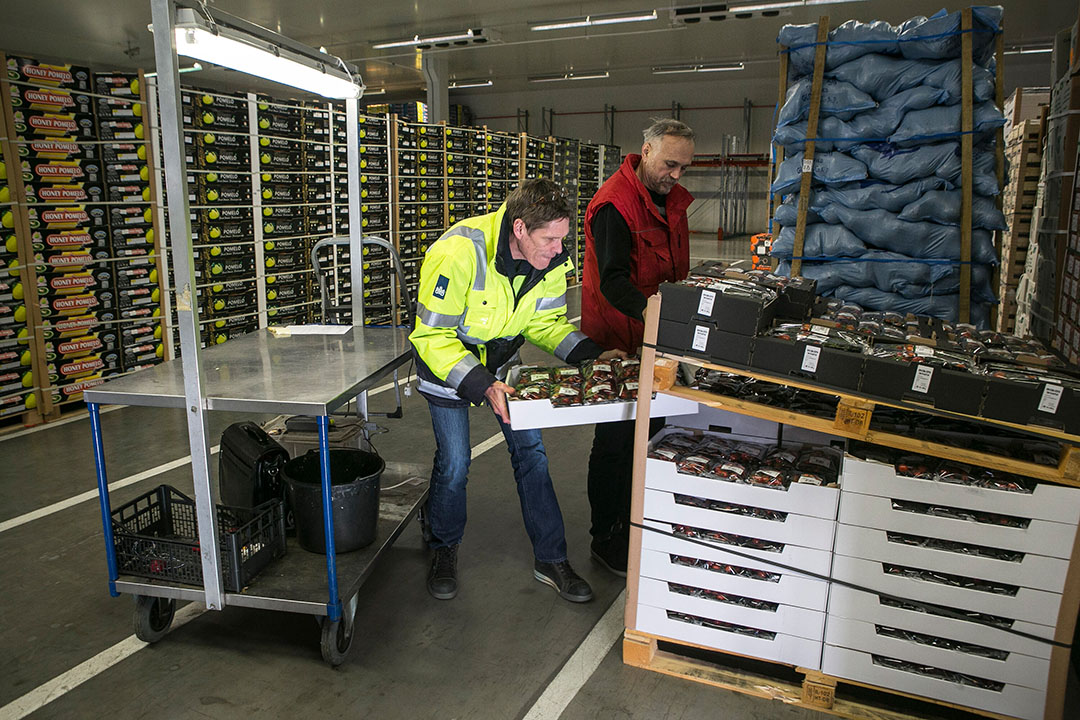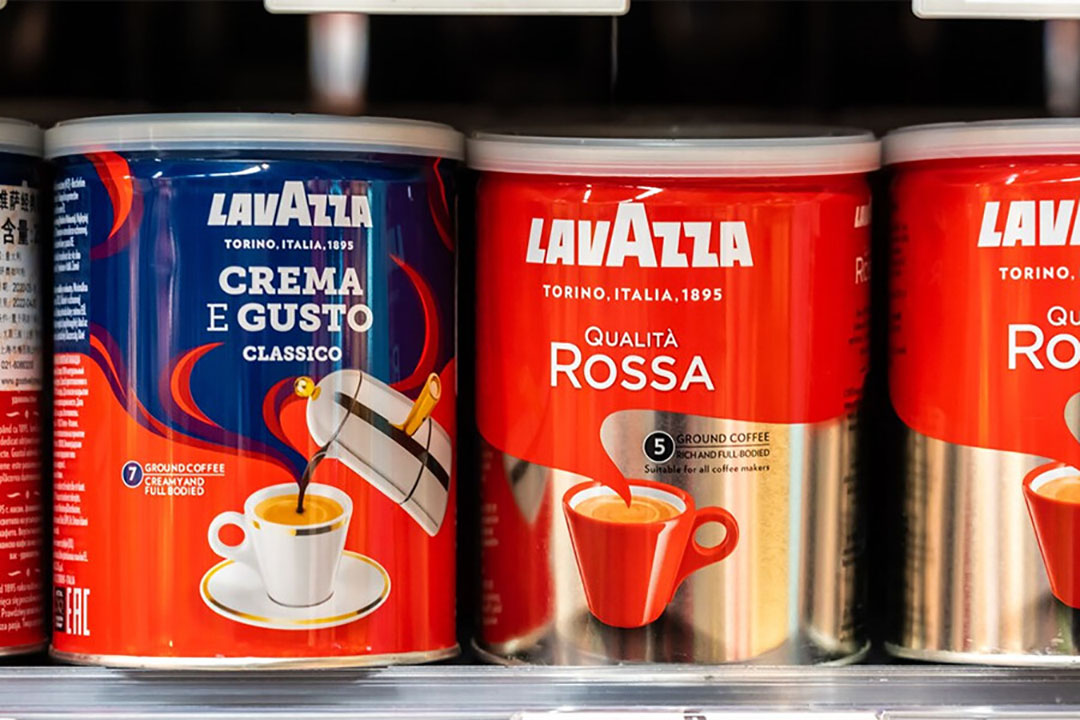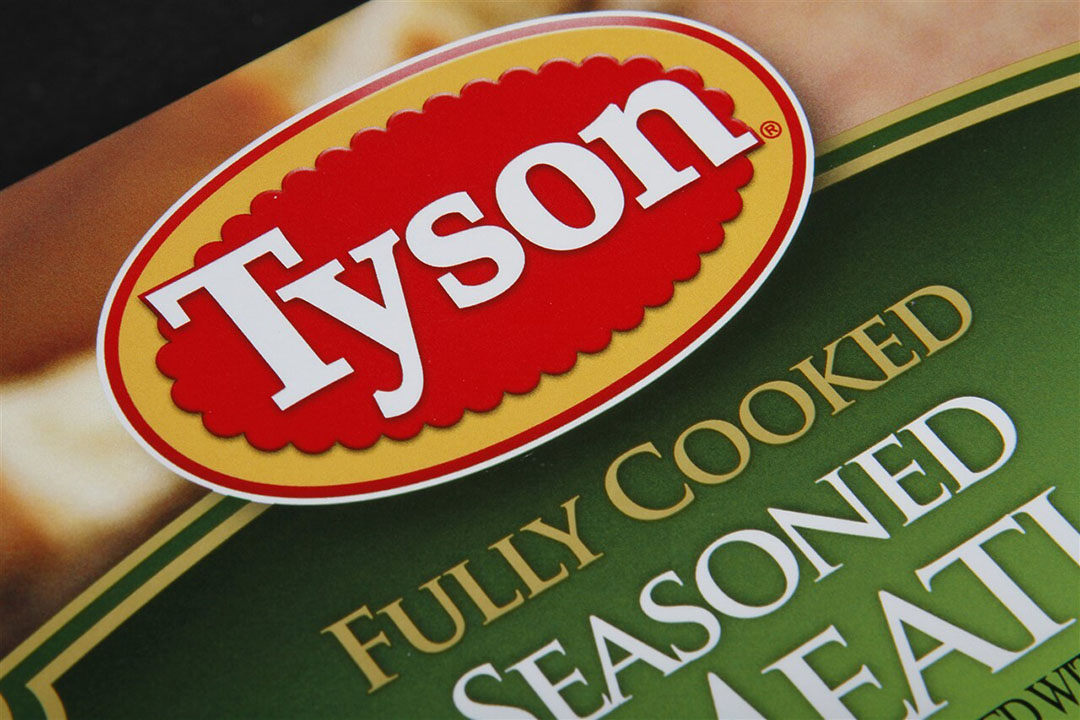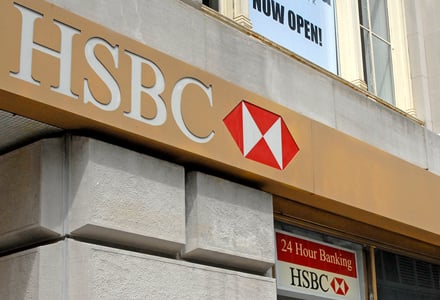KCB archive image. Photo: Roel Dijkstra
Brexit gives KCB quality control agency companies more room for self-control. KCB refused more shipments for imports and exports.
This can be seen from the KCB annual report for 2021. As a result of Brexit, the agency has to think about future audit tasks. A system has been developed with the chain and the NVWA where the company has trained inspection staff to carry out its own inspections. KCB then monitors and carries out random checks. In the coming months, these companies will have to undergo checks to find out whether the requirements have been met. Brexit requirements will apply to fruit and vegetables in July.
Also farmer associations under self-control scheme
KCB has had a scheme since 2005 where companies with proven good inspection results undergo KCB inspections less frequently. The number of companies included in the Internal Quality Control (RIK) Regulations has increased as a result of Brexit. KCB will revise the regulations this year because apart from trading companies, farmer associations are also registering.
In terms of law enforcement, KCB experienced a year with a higher percentage of rejections for both fruit and vegetable imports and export parties.
The KCB also monitors, for example, indications of origin on packaging and applies disciplinary laws if major violations are found. The number of new disciplinary cases decreased in 2021. The number of decisions remained the same as in 2020, but half came from 2020. Fewer new cases were filed in 2021. Nearly all of the cases in the decisions were confirmed. However, companies often choose to go to court after being hit with fines. This happened in 5 cases in 2021.
Better results for KCB
Financially, KCB saw profits increase in 2021. It is likely that the Brexit delay played a role in this and financial compensation from the government for the additional duties. The number of import inspections has also increased, resulting in more revenue. Results (gross) increased from €0.3 million in 2020 to €1.2 million last year. Turnover will increase in 2022, again due to Brexit and a 1.3% increase in interest rates.

“Incurable alcohol fan. Proud web practitioner. Wannabe gamer. Music buff. Explorer.”







